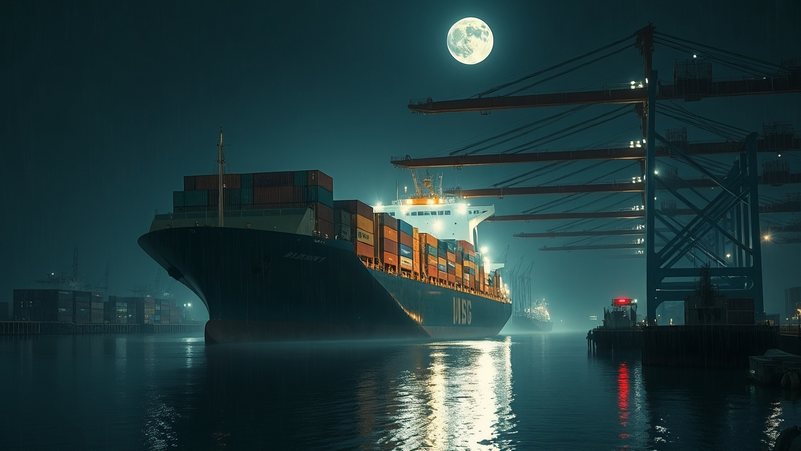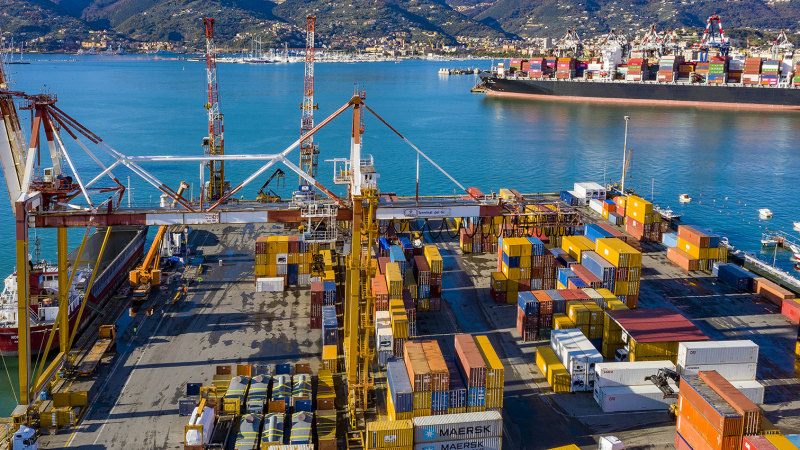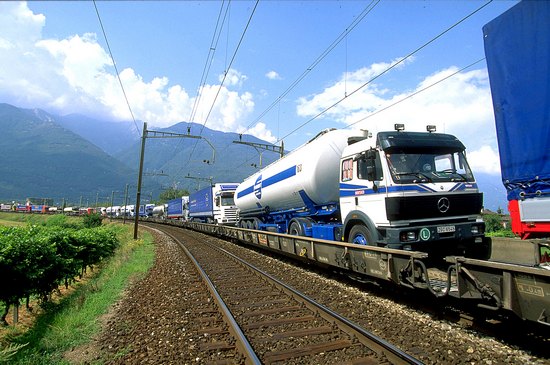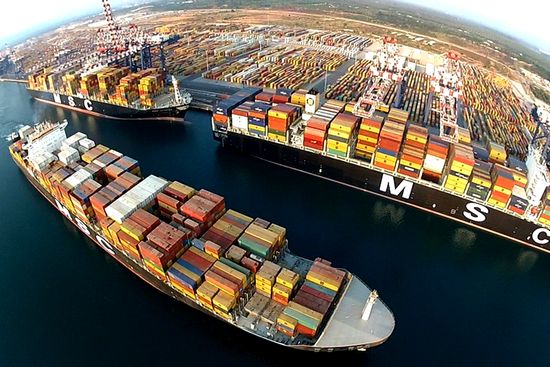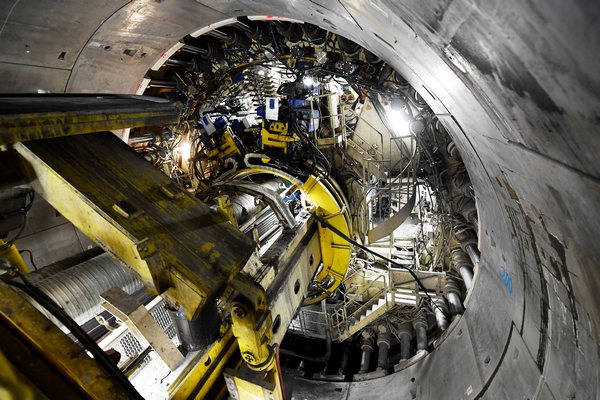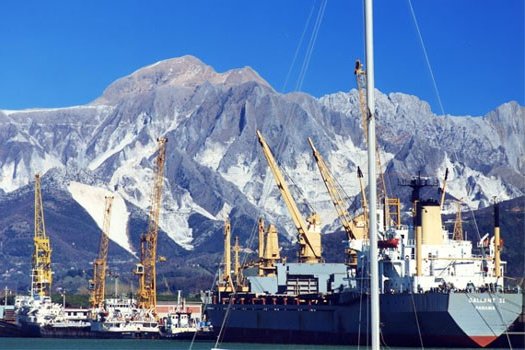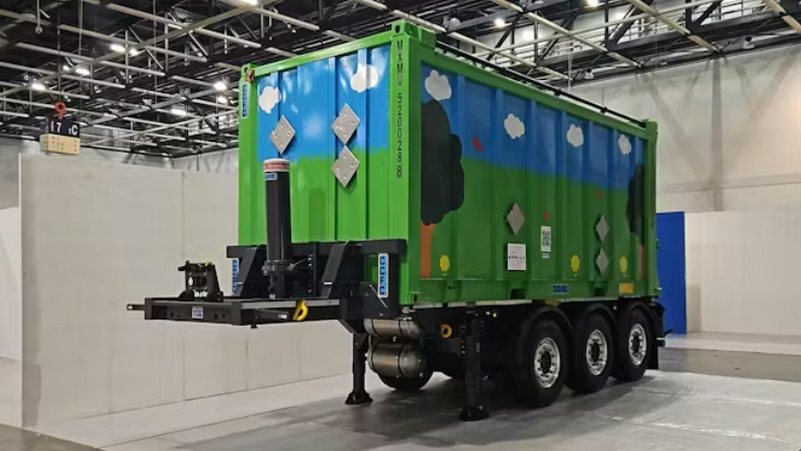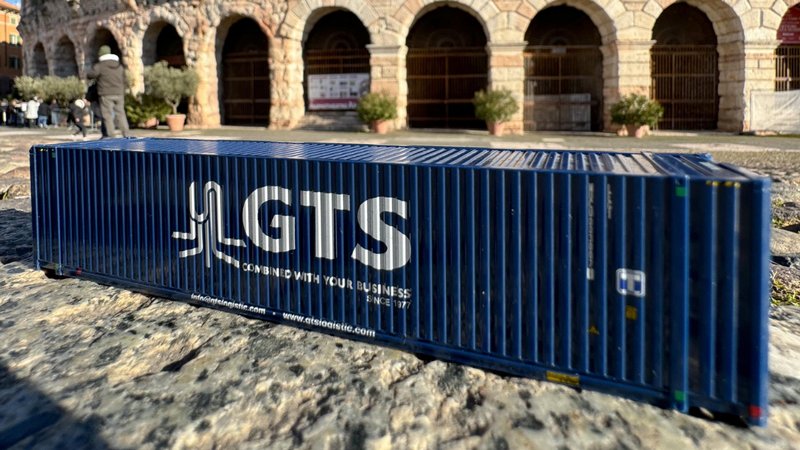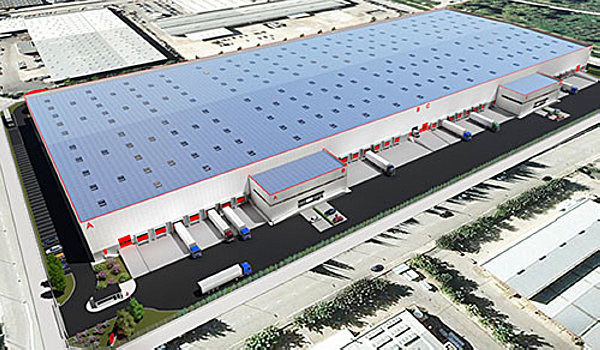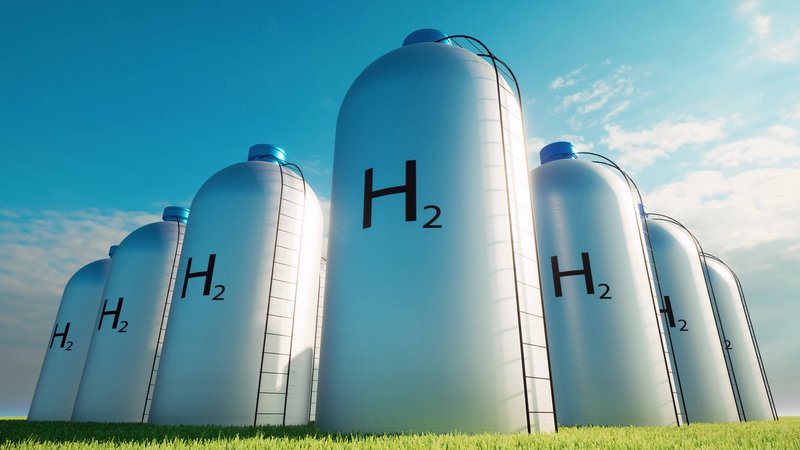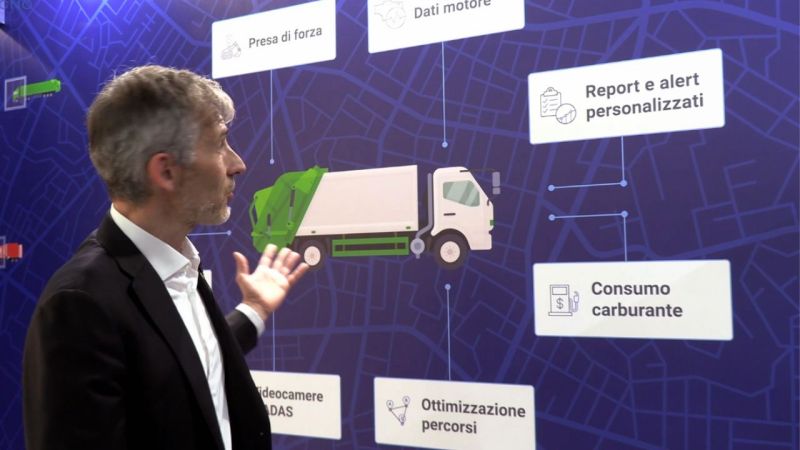Unrae's monthly reports on the registration of industrial vehicles over 3.5 tons in Italy show a 5% overall increase in May 2024 compared to the same month last year, surpassing the threshold of three thousand units (3,090). However, there's another noteworthy figure: in the first five months of the year, 106 electric vehicles were registered in Italy.
This figure, though relatively small in the grand scheme, is significantly higher than in the same period in 2023, when only sixteen electric units were registered. Furthermore, electric trucks are closing in on natural gas vehicles, which saw 129 registrations from January to May but are now trending downward.
Examining market trends by weight category, the highest percentage increase in May was in the 3.51 to 6-ton range, which grew by 82.6% compared to the same month in 2023, totaling 126 units. The category with the most registrations remains those over 16 tons, with 2,654 units and a 6% annual increase. Conversely, the intermediate range (6.01 to 15.99 tons) remained depressed, falling by 16.1% to 310 units in May.
According to Paolo Starace, President of Unrae’s Industrial Vehicle Section, the positive trend in industrial vehicle registrations in May is due to early purchases ahead of the new European Gsr2 safety regulations, set to take effect on July 7, 2024. This has resulted in a "high stock of vehicles at distribution networks." Once this phenomenon passes, "we anticipate a significant decline in registrations in the coming months."
Starace also addressed the electric vehicle sector, stating that while their market share is consistently growing, "the pace of adoption remains too slow compared to decarbonization targets." Thus, "the Government needs to act promptly to facilitate more virtuous motorization, as has already been done with the ecobonus for light and medium commercial vehicles and cars. The recent immediate depletion of incentives for electric vehicles in these categories shows that consumers and businesses are ready to embrace zero-emission challenges if adequately supported by public policies."



